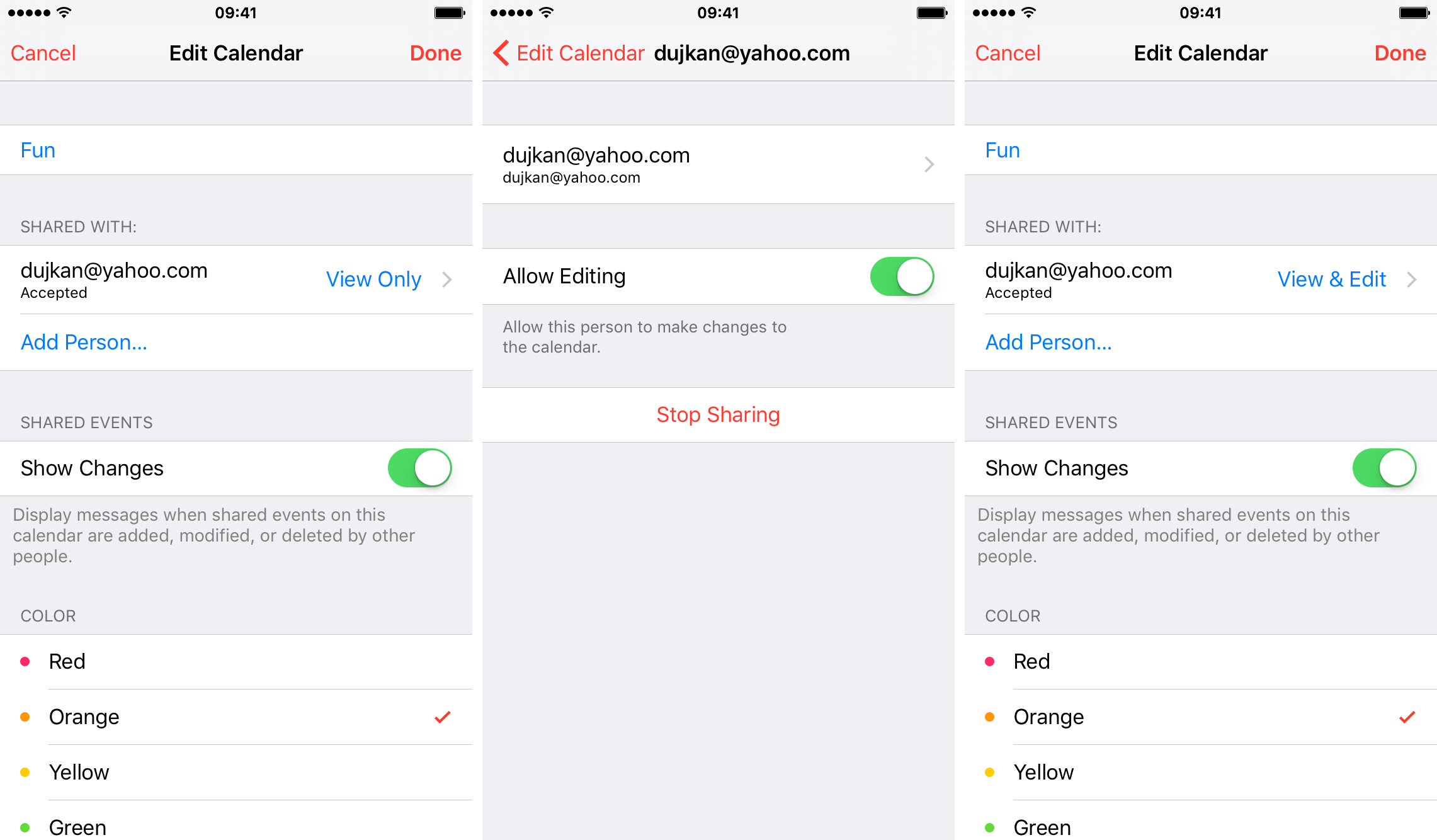
Lines should be limited to 75 octets (not characters) long. The equivalent file type codes in Apple Macintosh operating system environments are iCal and iFBf.īy default, iCalendar uses the UTF-8 character set a different character set can be specified using the "charset" MIME parameter (if the transport method used supports MIME, such as Email or HTTP).Įach line is terminated by CR+ LF (in hexadecimal: 0D0A). The filename extension of ics is to be used for files containing calendaring and scheduling information, ifb for files with free or busy time information consistent with this MIME content type. ICalendar data have the MIME content type text/calendar. RFC 5545 replaced RFC 2445 in September 2009 and now defines the standard. ifb (for files containing availability information only). iCalendar data files are plain text files with the extension. iCalendar is heavily based on the earlier vCalendar by the Internet Mail Consortium (IMC). ICalendar was first created in 1998 by the Calendaring and Scheduling Working Group of the Internet Engineering Task Force, chaired by Anik Ganguly of Open Text Corporation, and was authored by Frank Dawson of Lotus Development Corporation and Derik Stenerson of Microsoft Corporation. Publishers can embed iCalendar data in web pages using hCalendar, a 1:1 microformat representation of iCalendar in semantic (X) HTML. Simple web servers (using just the HTTP protocol) are often used to distribute iCalendar data about an event and to publish busy times of an individual.

For example, certain events can be sent by traditional email or whole calendar files can be shared and edited by using a WebDav server, or SyncML. ICalendar is designed to be independent of the transport protocol.
/cdn.vox-cdn.com/uploads/chorus_asset/file/20083011/Add_personal_calendar_to_work_account_Outlook_web.gif)
ICalendar is used and supported by many products, including Google Calendar, Apple Calendar (formerly iCal), IBM Notes (formerly Lotus Notes), Yahoo! Calendar, Evolution (software), eM Client, Lightning extension for Mozilla Thunderbird and SeaMonkey, and partially by Microsoft Outlook and Novell GroupWise. The file format is specified in a proposed Internet standard (RFC 5545) for calendar data exchange.

With supporting software, such as an email reader or calendar application, recipients of an iCalendar data file can respond to the sender easily or counter-propose another meeting date/time. Files formatted according to the specification usually have an extension of. The Internet Calendaring and Scheduling Core Object Specification ( iCalendar) is a media type which allows users to store and exchange calendaring and scheduling information such as events, to-dos, journal entries, and free/busy information.

ICalendar components and their properties


 0 kommentar(er)
0 kommentar(er)
